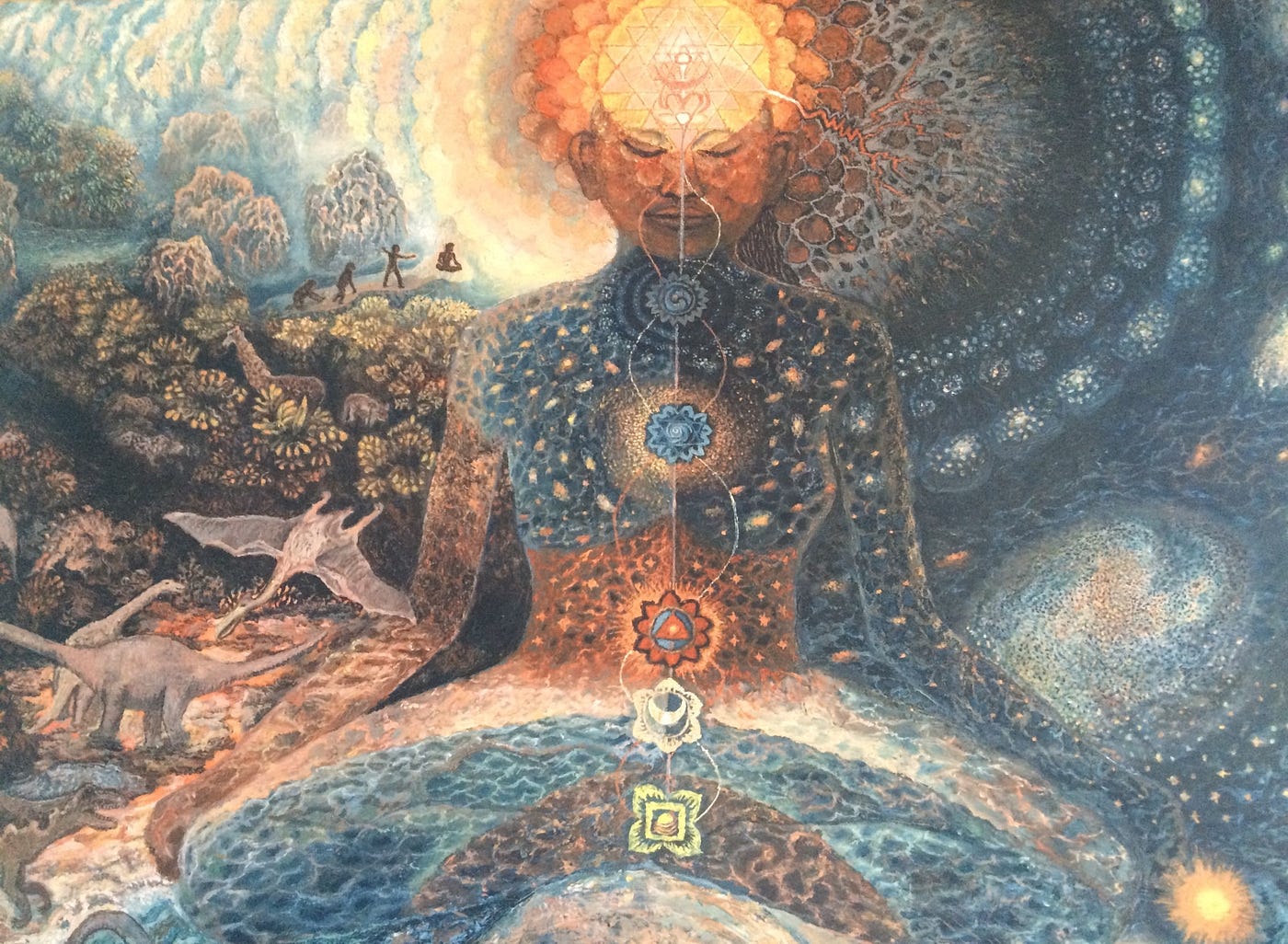
Is Tantra Dangerous? How To Practice Safely?
Is Tantra Dangerous? How To Practice Safely?
Tantra, an age-old spiritual practice hailing from India, has held the intrigue of many for over 5,000 years. Rooted in the Sanskrit word meaning "woven together," it presents an integrated path where spirituality meets sexuality. Today, it is often misconstrued, leading many to wonder about its safety and potential risks. This piece delves into these aspects while shedding light on the truths behind tantra.

Is Practicing Tantra Dangerous?
In its authentic form, tantra is a profound spiritual path that seeks to integrate the divine masculine and feminine energies within an individual, often leading to a heightened state of consciousness and deeper connections with oneself and others. However, like any profound practice, if misunderstood or misapplied, there can be risks.
The inherent danger does not lie within tantra itself but in its misinterpretation and misuse. The Western world's adoption of tantra, particularly neo-tantra, often emphasizes its sexual components, sidelining its holistic and spiritual essence. Without proper guidance or understanding, individuals might treat it as merely an exotic technique for heightened sexual pleasure, overlooking the emotional, spiritual, and psychological dimensions.
What Are the Dangers of Practicing Tantra?

-
Emotional Overwhelm: Diving into tantric practices without proper understanding or guidance can lead to overwhelming emotions or resurface past traumas. The intense energy work can unlock suppressed feelings, which, if not managed properly, can be destabilizing.
-
Physical Strain: Certain tantric breathing techniques or postures, if done incorrectly, can lead to physical discomfort or strain.
-
Inauthentic Teachers: Unfortunately, the growing popularity of tantra has led to a rise in self-proclaimed "gurus" or "tantric masters" who might not have authentic knowledge. These individuals can misguide practitioners, leading to both psychological and physical harm.
-
Misalignment with Personal Values: Diving into tantric practices without a full understanding might lead individuals into situations or practices that don't align with their personal values or boundaries, resulting in discomfort or regret.
-
Find Authentic Guidance: Research thoroughly before choosing a tantra teacher or school. Look for those with genuine credentials, reviews, and recommendations.
-
Educate Yourself: Before diving into practice, educate yourself about the foundations and principles of tantra. Understand that it's more than just about sexual energy; it's about holistic growth and connection.
-
Set Boundaries: Clearly communicate and establish your boundaries, especially if you're practicing tantra with a partner. Ensure mutual respect and understanding.
-
Listen to Your Body: If a certain practice or technique feels uncomfortable, stop. Tantra should not cause physical pain.
-
Seek Emotional Support: Given that tantra can release intense emotions, have a support system in place. This could be a trusted friend, therapist, or a support group.
-
Start Slowly: Especially for beginners, it's essential to start with basic practices and gradually move to more advanced techniques.
Debunking Myths About Tantric Sex
1. Beyond Just Sex: Tantra is more than a sexual endeavor. This Eastern philosophy incorporates various spiritual practices, such as meditation and yoga, aimed at intensifying sexual energy.
2. Not Always Wild: A common misunderstanding is that tantric sex involves extreme, unrestrained sexual adventures. In truth, while tantra can lead to heightened sensations, it's fundamentally a mental and spiritual exercise.
3. No Need for a Partner: Tantra isn't strictly a couples' activity. It can be a deeply personal journey.
4. Beyond Physical Intimacy: A tantric experience isn't confined to genital contact or intercourse. It's about a profound connection to oneself, offering self-pleasure and a stronger bond with one's psyche.
Navigating the Potent Power of Tantra: A Journey of Caution and Insight

Tantra is a profound practice, delving deep into the intricacies of our karmic imprints that span countless lifetimes. Mipham Rinpoche equates it to unraveling karmic DNA, a process packed with accumulated experiences that can be overwhelmingly intense. Practicing tantra without a stable mind can lead to potential chaos; it's like stirring an ancient serpent pit, always on the verge of a bite.
Contemplative psychiatrist Jack Engler once said, "You have to be somebody before you can be nobody," highlighting the risks of engaging in deep spiritual practices without a firm grounding in one's self. Similarly, R.D. Laing noted the fine line between mysticism and psychosis. Some Western aspirants, without a well-established ego, might benefit from therapeutic guidance before embracing the fluid realms of Tantra. Without the requisite psychological stability, the practice can be destabilizing, as many Eastern teachers might not fully grasp the emotional challenges Westerners face.
In the realm of Tantra, the unleashing of energies can be likened to activating the dormant 'kundalinī-shakti' or serpent power. The awakening of this potent force can be both enlightening and perilous. Gopi Krishna's vivid account of kundalini awakening paints a picture of awe and caution: a dazzling explosion of light, juxtaposed with the sensation of being pulled out of one's body.
Concluding Thoughts
The essence of inner Tantric yogas is akin to experiencing the death and rebirth cycle while still alive, confronting and purifying eons of karmic layers. Without proper guidance, this can lead to potential psychological disturbances. The key lies in how one navigates these tumultuous winds of transformation. Properly harnessed, they can be catalysts for spiritual purification, but if misdirected, they can cause turmoil.
Tantric practices unearth repressed experiences, and these revelations can be both liberating and challenging. As Chögyam Trunpga aptly put it, "Meditation isn’t a sedative. It’s a laxative." Tantra accelerates this process, bringing to the surface layers of suppressed emotions and experiences. The journey requires resilience, preparation, and, above all, a commitment to embracing the full spectrum of one's being.
Tantra is a path of self-discovery, connection, and divine integration. Like any potent spiritual or physical practice, it requires understanding, respect, and guidance. By being informed, setting clear boundaries, and seeking authentic teachings, one can navigate the world of tantra safely and benefit profoundly from its age-old wisdom.
